![]()
What BodyTemples Master Trainer looks for in labels and Ingredient facts when purchasing food.
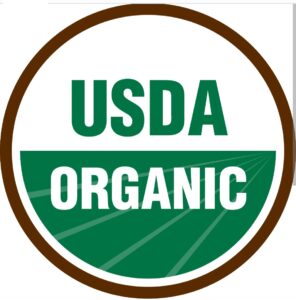 |
 |
The USDA Organic program is a certification system established by the United States Department of Agriculture (USDA) to regulate the production, labeling, and marketing of organic agricultural products. | |
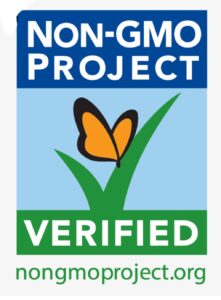 |
 |
Non-GMO Verified refers to a certification program that verifies and confirms that a particular product does not contain genetically modified organisms (GMOs). GMOs are organisms whose genetic material has been altered through genetic engineering techniques. | |
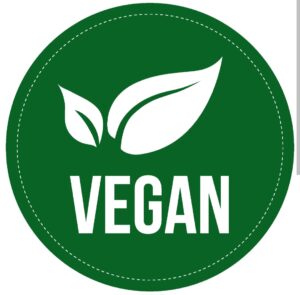 |
 |
When a product is labeled as vegan, it means that it is free from ingredients such as meat, poultry, seafood, dairy, eggs, honey, gelatin, and other animal-derived additives. Vegan food labels are often found on packaged foods, beverages, snacks, and other consumable products. | |
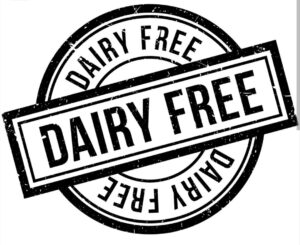 |
 |
A dairy-free food label indicates that a product does not contain any dairy ingredients. Dairy refers to products derived from milk, such as milk itself, cheese, butter, yogurt, cream, and other products produced from animal milk. | |
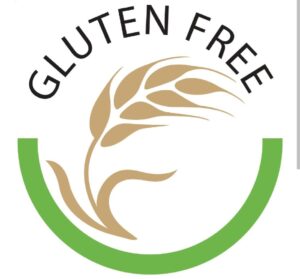 |
 |
A gluten-free label indicates that a product is free from gluten, a protein found in wheat, barley, rye, and their derivatives. Gluten is known to cause adverse health effects in individuals with celiac disease, non-celiac gluten sensitivity, or wheat allergies. | |
 |
 |
Contain allergens: The most common food allergens that are typically listed as allergen information on food labels include:
|
|
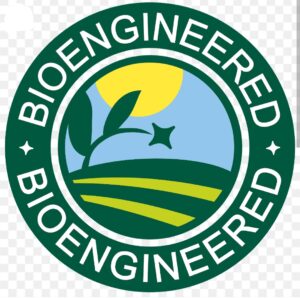 |
“Bio-engineered” refers to the process of genetically modifying organisms using biotechnology techniques. It involves making deliberate changes to the genetic material (DNA) of an organism, typically by introducing genes from another species, to impart specific traits or characteristics. | ||
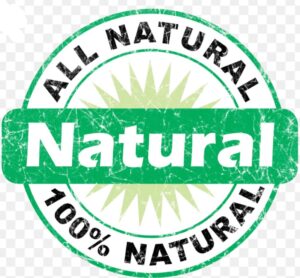 |
In the United States, the U.S. Food and Drug Administration (FDA) does not have a specific definition or regulatory standard for the term “natural” when it comes to food labeling. | ||
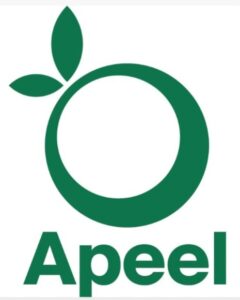 |
Apeel is made from extracts of fruits and vegetables, such as lipids and other plant compounds, which are combined to form a thin, tasteless, and odorless coating. When applied to the surface of produce, Apeel creates a barrier that helps slow down the rate of moisture loss and oxidation, thereby extending the shelf life of the fruits and vegetables. | ||
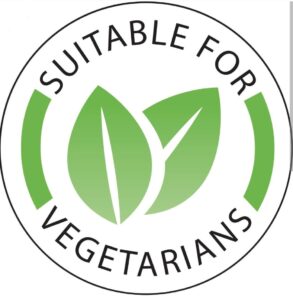 |
It’s worth noting that vegetarian food labels are not regulated by a single governing body globally |

